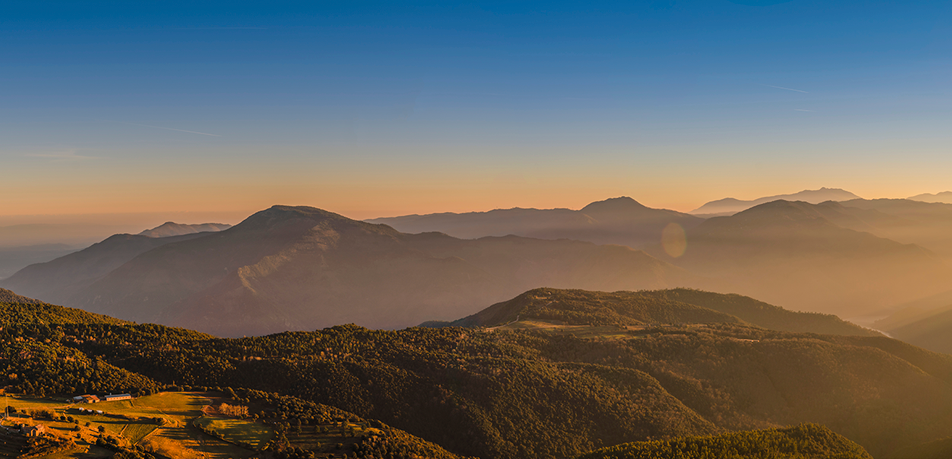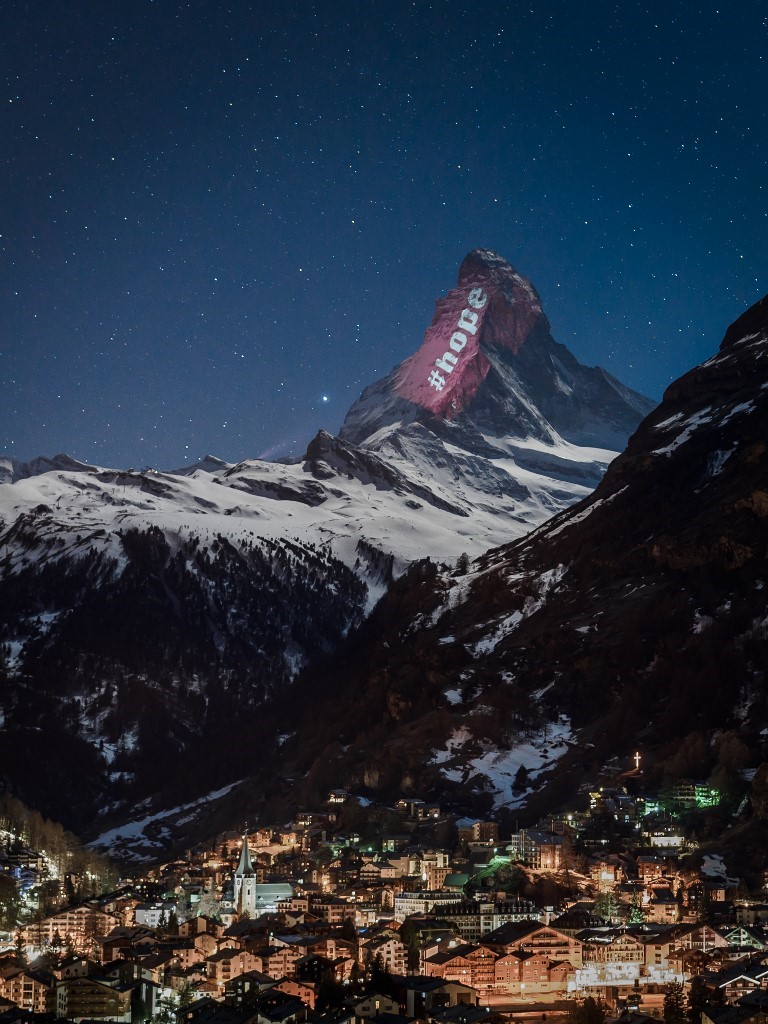Starting Over By Forging a Balanced Existence With the Planet

The devastating health crisis resulting from the Covid-19 pandemic is one of the greatest humanitarian catastrophes to strike the world. The number of victims is staggering, and behind every number is a person and the pain of their loved ones. So before saying anything else, we would like to take a moment and remember those who lost their lives and extend our condolences to their families.
The pain of losing a loved one is immense, and nothing can make up for that loss. But perhaps we can emerge from this enormous crisis with a few important and worthwhile insights.
Our fragility as human beings has been laid bare. Those who believed we were the chosen species, an invincible being, have seen that in fact we are not immune to the vicissitudes suffered by all other life forms with whom we share the planet. As our activities ground to a halt, our planet underwent a surprising recovery. Coinciding with the lockdown, the sudden drop in urban car traffic resulted in an equally sudden drop in atmospheric pollution levels, reaching unprecendented lows.

[[{"fid":"21687","view_mode":"default","fields":{"format":"default","alignment":"","field_file_image_alt_text[und][0][value]":false,"field_file_image_title_text[und][0][value]":false},"type":"media","field_deltas":{"1":{"format":"default","alignment":"","field_file_image_alt_text[und][0][value]":false,"field_file_image_title_text[und][0][value]":false}},"link_text":null,"attributes":{"height":1024,"width":768,"style":"height: 667px; width: 500px;","class":"media-element file-default","data-delta":"1"}}]]A message of solidarity sent from El Cervino, the iconic Swiss mountain, to the world (Photo: Fabrice COFFRINI/AFP)
At the same time, the drastic reduction in industrial production, commercial activity, freight and passenger transport by land, sea, and air have resulted in a corresponding decrease in greenhouse gas (GHG) emissions. Although it is too soon to precisely calculate the degree to which this will help mitigate GHG concentrations in the upper levels of the atmosphere—the main cause of the climate crisis—it will undoubtedly do so.
In addition, we have witnessed a surprising (in some cases truly spectacular) return of wildlife and biodiversity to human environments. Simply looking at the images shared on social media, we can see how quickly and vigorously nature bounces back and returns to the places we left behind when we withdrew to our homes.
The environmental gains associated with this drastic slowdown in our activity shows the planet's immense ability to recover when we lighten our footprint. Let's take note of that. We should reflect on how nature responded—a response we wish we would never have had to witness and which in no way justifies the loss of even one human life to this pandemic, but which we would be remiss to not consider at this point.
We can still prevent the worst from happening—it is not too late—and now is an excellent opportunity to start doing so.
It is about rebuilding our economy based on values that integrate and prioritize a concern for the environment, to start over by allowing the planet to continue its recovery, to keep breathing as it has done while our industrial production and social activities came to a still stand.
Let's start over with those values in mind that respect the planet, which the European Union proclaimed to the world at the beginning of this year when it announced its Green Deal. Let's implement the measures included in this deal to promote a more efficient use of our resources based on using renewable energy, reducing pollution, or recovering biodiversity, to name just a few actions.
Let's resume our activities without forgetting what we have seen and learned, joining forces to finally move towards a clean, circular economy, towards a fairer and more balanced growth model in harmony with the planet.
